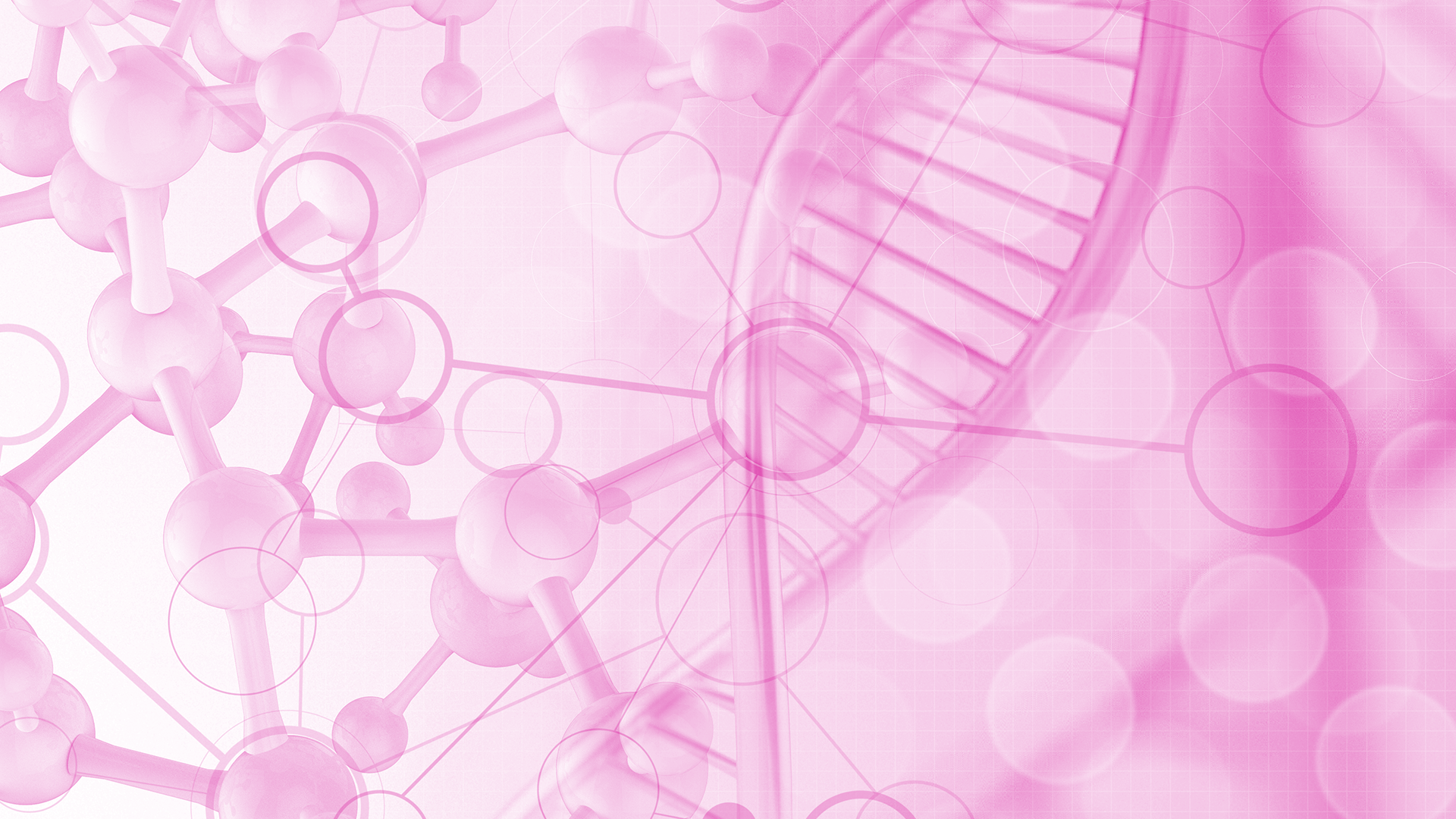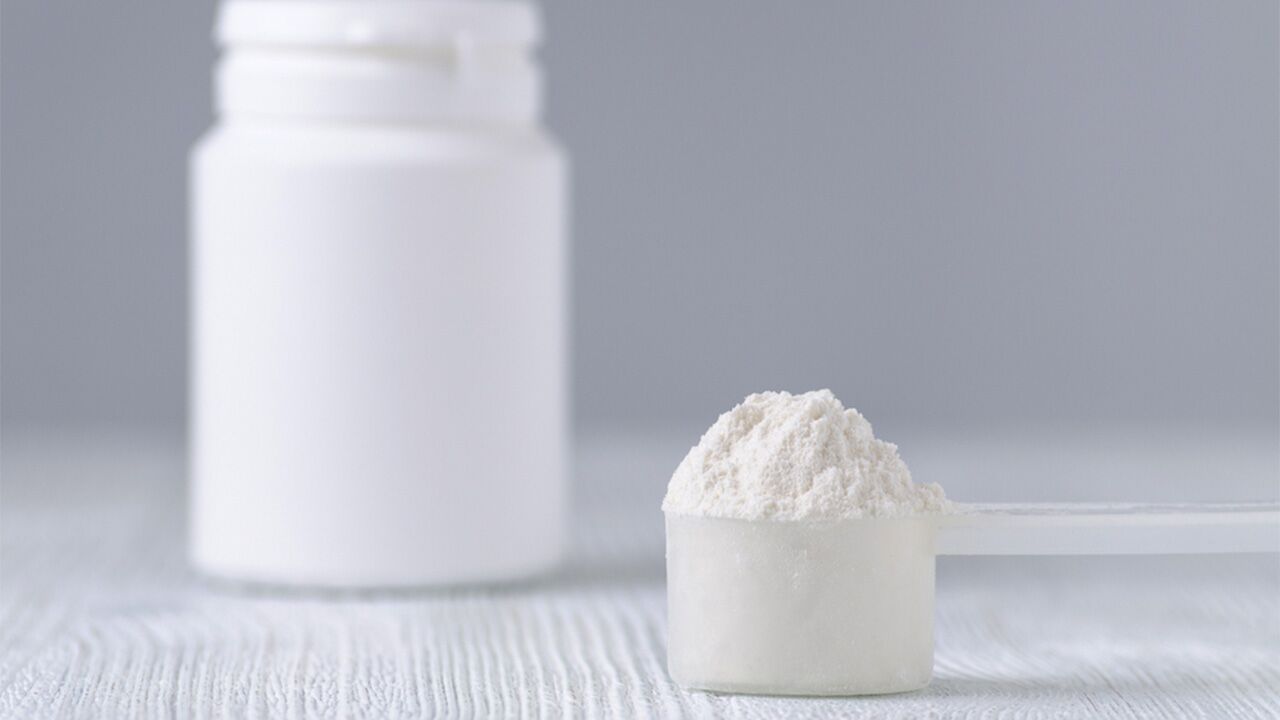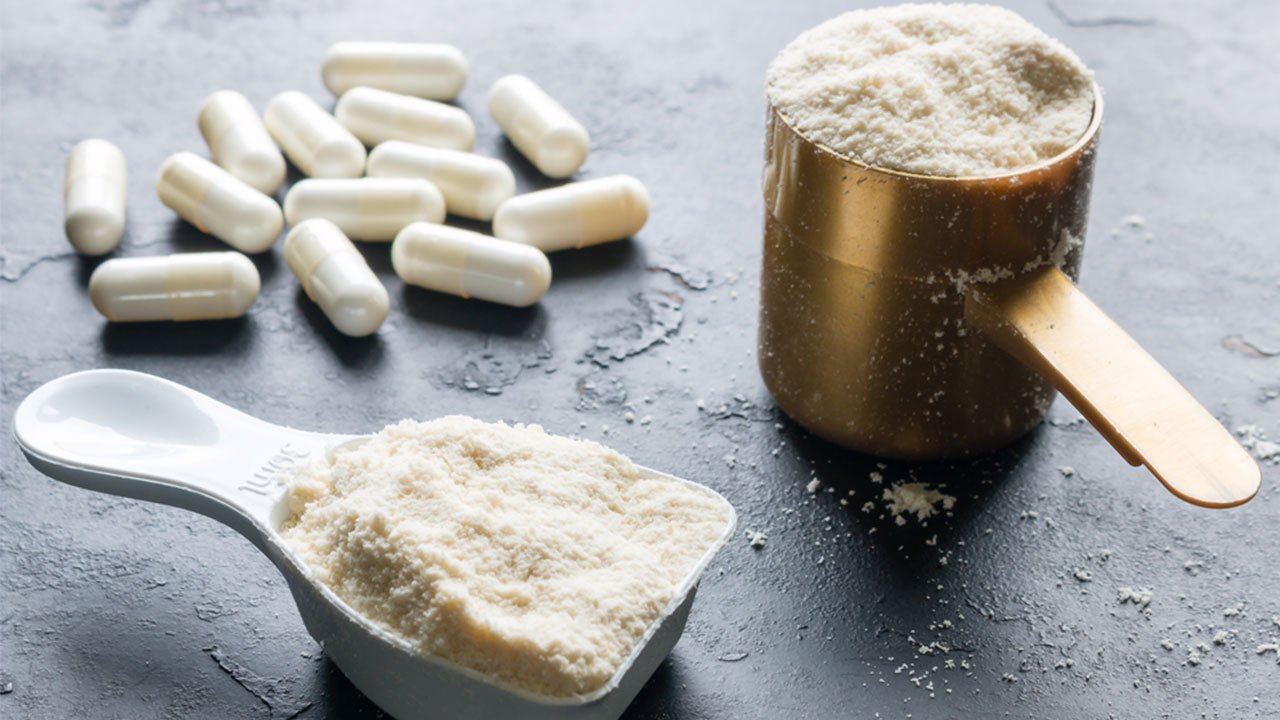Amino Acids for Women: The Missing Link to Optimum Nutrition
 By: by Amino Science
By: by Amino Science

Amino acids play an important role in everything from immune health to muscle building and cognitive function. Yet many people think of amino acids and amino acid supplements as simply something bodybuilders take to bulk up, not realizing that it doesn’t matter whether you’re a bodybuilder or a couch potato—or a man or a woman, for that matter. Everyone’s body needs these building blocks of protein to maintain optimum nutrition and overall health. In this article, we’re going to take a closer look specifically at amino acids for women and discuss the difference these crucial nutrients can make to your health and your life.
Amino Acids and Health
Protein is the second most abundant substance in the body after water and plays a crucial part in almost every biological process. For example, protein helps build muscle tissue, bones, hair, and skin; it assists in tissue repair and oxygenation; it’s required for making the enzymes that help us digest our food; and it’s needed for both hormone regulation and neurotransmitter production.
And protein does all this with the help of amino acids.
Although over 300 amino acids have been identified, the human body uses a mere 20 to build its estimated 10,000 different proteins. Eleven of these 20 amino acids are called nonessential amino acids because the body can make them on its own, while the other 9 are referred to as essential amino acids because we must get them through the foods we eat.
What’s more, our bodies don’t have the ability to store protein. So when you take this into consideration, it becomes clear why it’s imperative that we consume plenty of this important macronutrient each and every day.
And the best way to do this is by consuming a variety of both animal- and plant-based protein sources—or by adding a balanced amino acid supplement to our diets.
Amino Acids for Women
Regardless of age or health status, every woman can benefit from a steady supply of amino acids.
Not only do amino acids help produce lean muscle and stave off the age-related muscle loss that can lead to sarcopenia, but they can also help burn the abdominal body fat that’s associated with numerous chronic diseases, aid in combating insulin resistance and liver disease, and even alleviate many of the symptoms of menopause.
In the following sections, we’re going to discuss some of the best amino acids for women. But first, let’s talk about how amino acids can benefit women going through menopause.
Amino Acids for Menopause
Every woman knows that the time will eventually come when her menstrual cycles end and her reproductive years draw to a close.
Although menopause generally occurs between the ages of 45 and 55, the average age is 51. But the menopausal transition, or perimenopause, can last as long as 14 years.
During this time, when hormone levels are fluctuating, many women experience a range of irritating—or downright unpleasant—symptoms, including:
- Irregular periods
- Hot flashes
- Night sweats
- Irritability
- Insomnia
Yet even after menopause has officially begun—a time that’s often marked by increased feelings of empowerment and a newfound zest for life—and perimenopausal symptoms have (usually) lessened their grip, menopause can bring with it a host of negative health effects, including an increased risk of osteoporosis and heart disease.
While some women opt for hormone replacement therapy (HRT) to counteract the symptoms and potential health consequences of menopause, documented side effects and serious complications, like blood clots, stroke, and breast cancer, have reduced their use.
And this is where amino acids come in.
Studies have shown that supplementing the diet with essential amino acids can improve a range of menopause-related concerns, including:
- Bone health
- Muscle mass
- Body composition
- Strength
- Physical function
In fact, a 2015 study found that a greater intake of dietary amino acids was associated with a reduction in both blood pressure and arterial stiffness in women.
Moreover, a 2018 study demonstrated that amino acids help the body efficiently metabolize fats. And one amino acid in particular, leucine, was found to inhibit the accumulation of lipids, which can have a direct impact on the development of arteriosclerosis—the number one cause of heart disease–related deaths.
Even though a balanced supply of all the essential amino acids is important for the health and well-being of every woman, a few individual amino acids stand out for their specific health-promoting benefits.
Branched-Chain Amino Acids
Branched-chain amino acids, or BCAAs, are essential amino acids that play a key role in stimulating muscle growth and suppressing muscle breakdown. The three BCAAs are:
- Isoleucine
- Leucine
- Valine
Women who don’t consume enough BCAAs through dietary sources may find it difficult to get rid of excess fat—particularly belly fat—despite their best efforts at weight loss.
Yet BCAAs tend to be found in their highest concentrations in animal proteins, so women who limit their consumption of these foods are at greater risk of not having sufficient quantities of these amino acids to ensure that muscle protein synthesis outweighs muscle protein breakdown.
However, it’s important to note that all nine essential amino acids must be present in sufficient amounts for protein—and thus muscle—to be created. In addition, amino acids work in concert with one another, and an excess of one can interfere with the uptake of another.
Which means, as you’ve probably already guessed, that the best BCAA supplement—and the best amino acid supplement—is one that also contains a balanced supply of all the other essential amino acids.
Carnitine
Carnitine is produced in the body from the essential amino acids methionine and lysine. Carnitine aids energy metabolism, works to prevent muscle damage and fatigue by increasing testosterone production, and revs up the fat-burning process by helping to transport fatty acids into the mitochondria of your cells to be used for energy.
The more fatty acids you burn as fuel, the more likely you are to burn fat and lose weight, which can make carnitine especially useful for combating the weight gain that tends to come along as a natural part of menopause.
Arginine
Arginine boosts blood flow to muscles by increasing levels of the vasodilator nitric oxide. Nitric oxide works by relaxing the smooth muscles inside blood vessel walls, which results in decreased blood pressure and an increased ability of vessels to transport oxygen and nutrients.
As you might imagine, when your muscles receive more oxygen and nutrients, they’re able to work longer and harder. Moreover, increased blood flow helps flush out the waste products produced by physical activity, which can help reduce post-workout muscle soreness.
Lysine
Lysine serves as a building block for many different tissues in the body. Of particular interest to women is lysine’s ability to increase intestinal absorption of calcium, which may aid in the prevention of osteoporosis.
In addition, studies have found that a combination of lysine and arginine can make bone-building cells more active and increase the production of collagen.
Collagen is the most abundant protein in the body and is the main constituent of connective tissue. It's a vital component of blood vessels, skin, hair, bone, tendons, ligaments, and even joints. And decreased levels are associated with everything from dry skin and wrinkles to joint pain and atherosclerosis.
The plaque buildup that characterizes atherosclerosis can eventually lead to hardening and thickening of the arteries, which increases the risk of having a heart attack or stroke. However, a recent study demonstrated that increasing the body’s supply of collagen can help prevent and treat this potentially life-threatening disease.
In addition, the hair loss many women experience after menopause may actually be a symptom of lysine deficiency. In fact, a 2002 study found that the main cause of hair loss is actually depleted iron stores in association with suboptimal intake of lysine.
Finally, lysine is also an essential component of a healthy immune system and is known to play a role in warding off certain viruses, including herpes simplex.
As you can see, amino acids play a vital role in the health of every woman. And although the health-promoting benefits of a few specific amino acids may prove especially useful, it’s important to remember that these building blocks of life work together in the body.
That's why we created Life, an Active Aging supplement that emphasizes amino acids for women while also providing a balanced supply of all nine essential amino acids. Click here to learn more.


Up to 25% off Amino
Shop NowTAGS: food supplements
Join the Community
Comments (0)
Most Craveable Recipes




 833-264-6620
833-264-6620



















